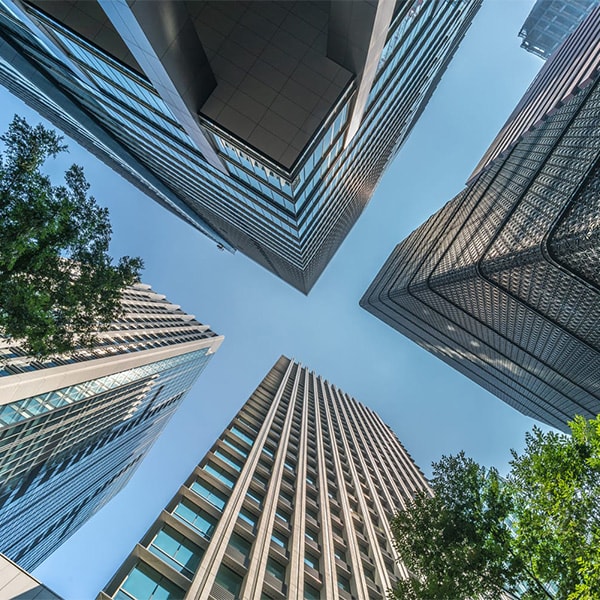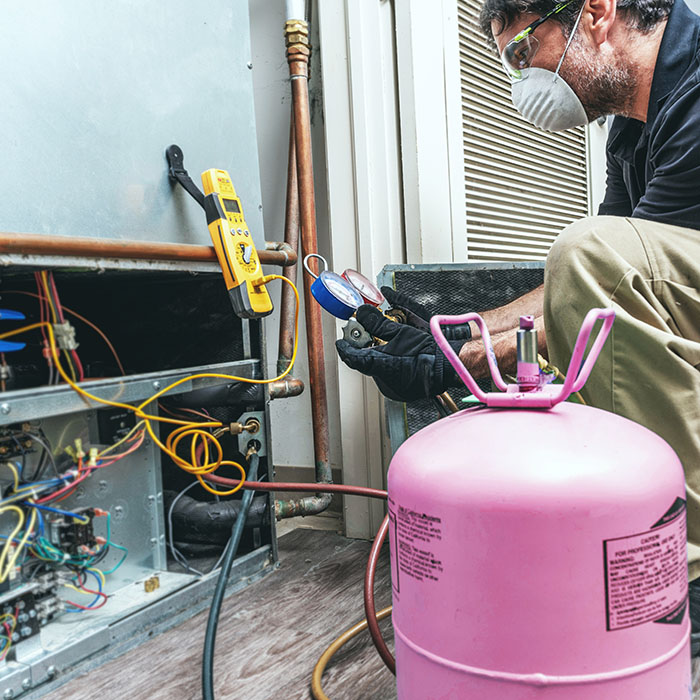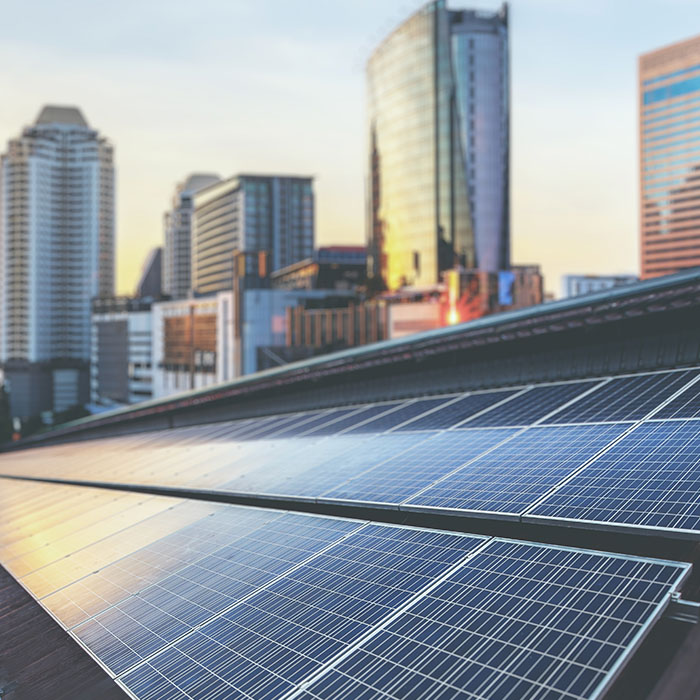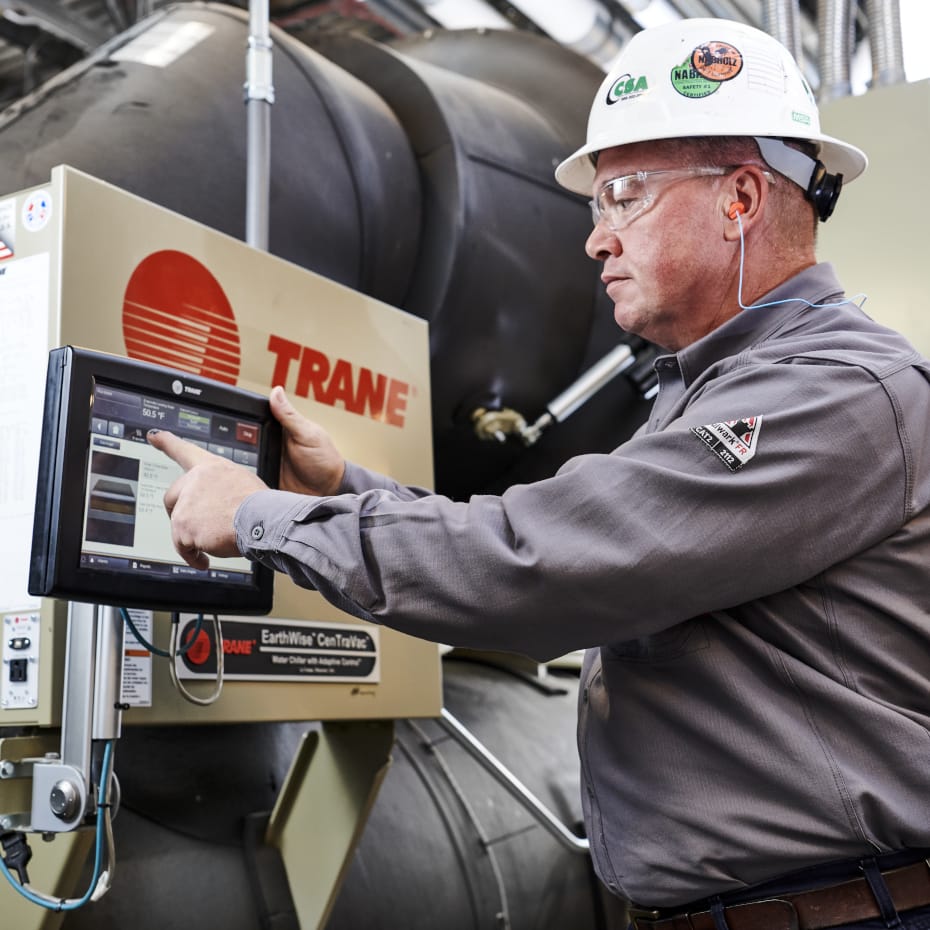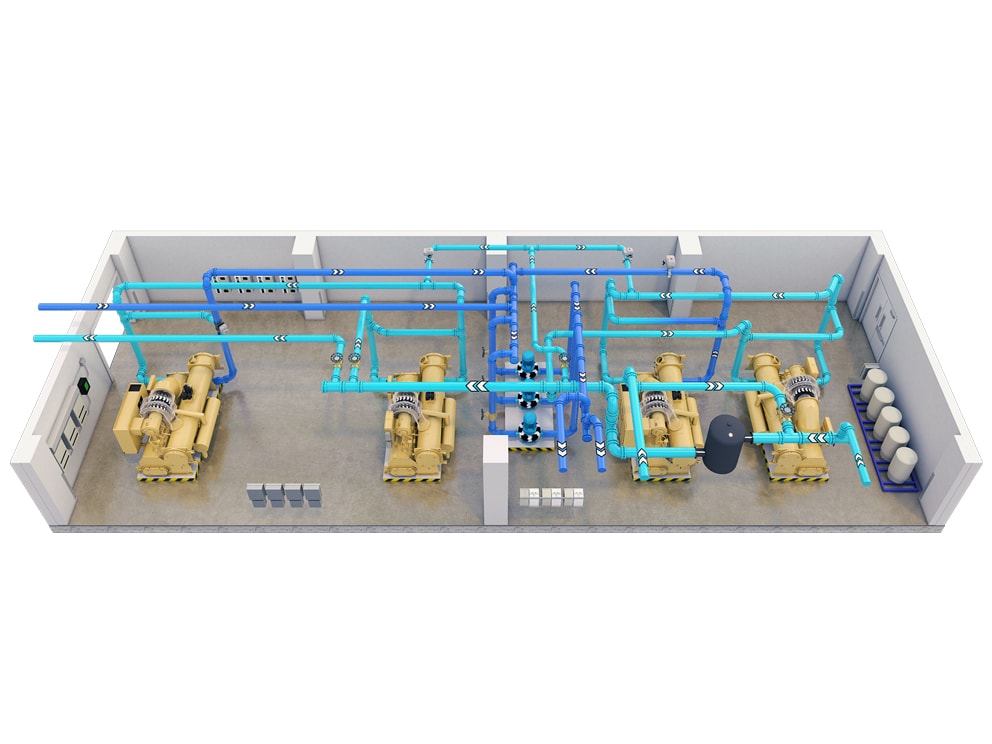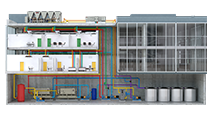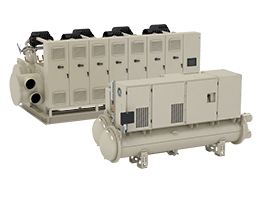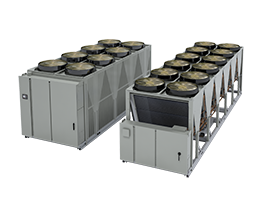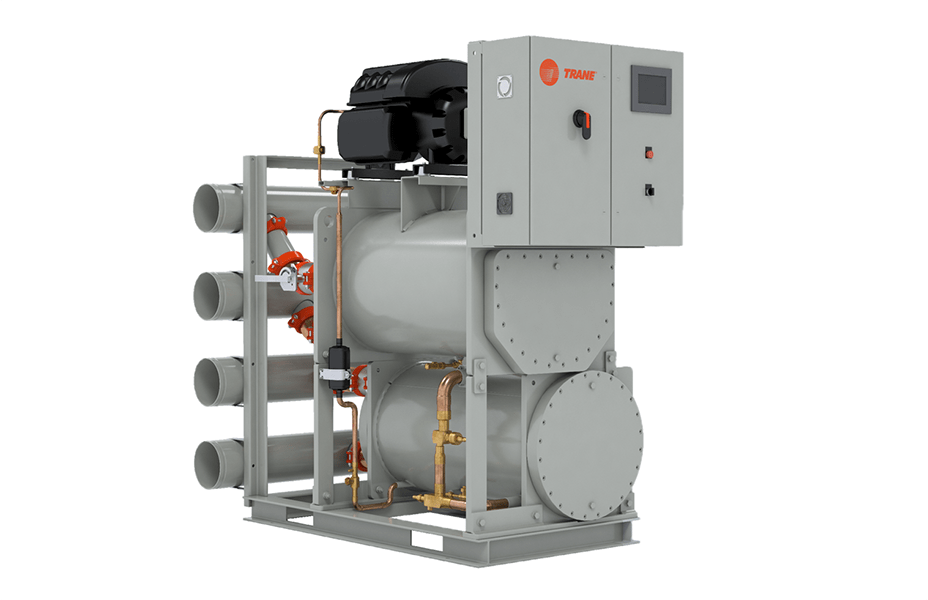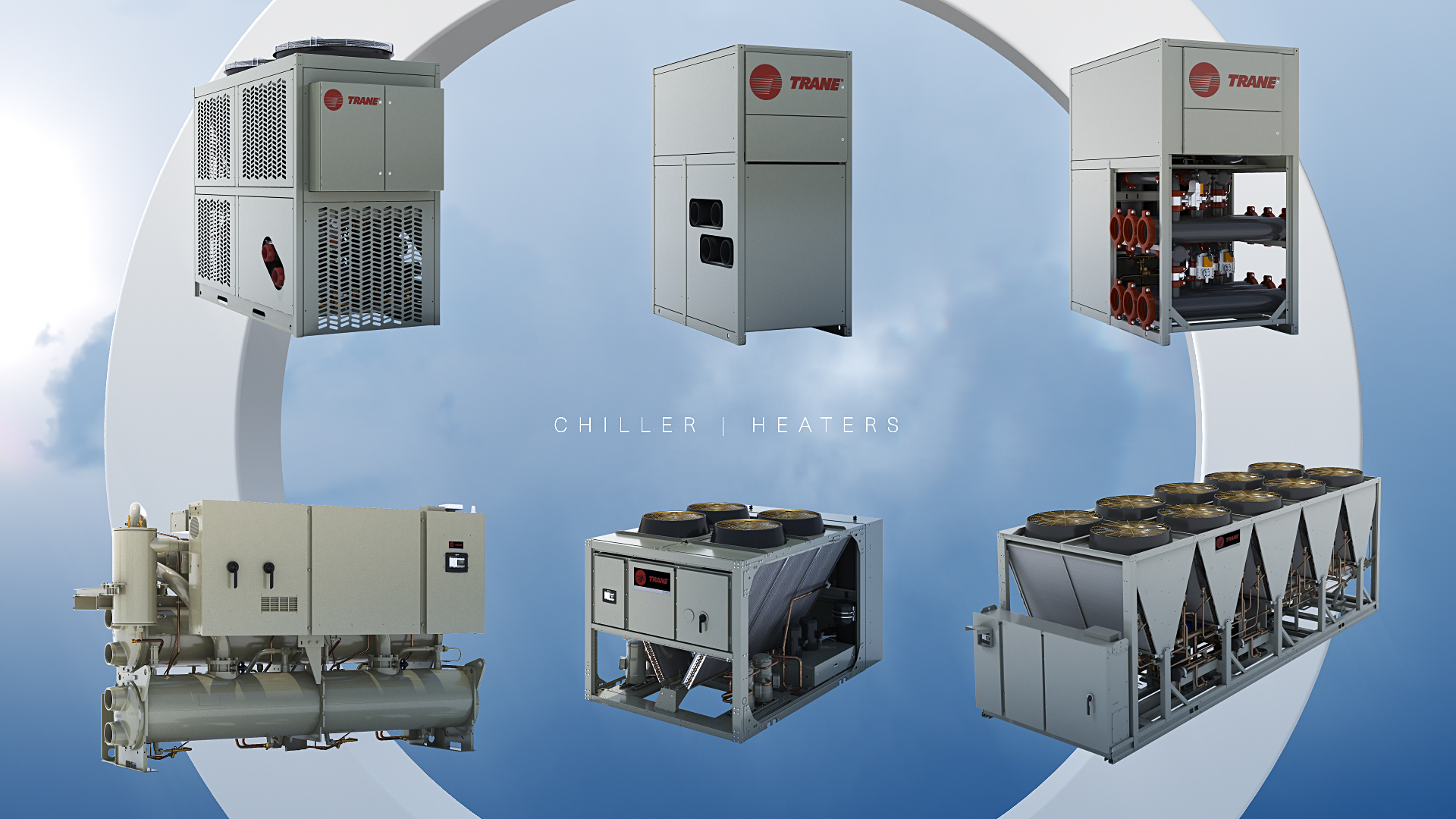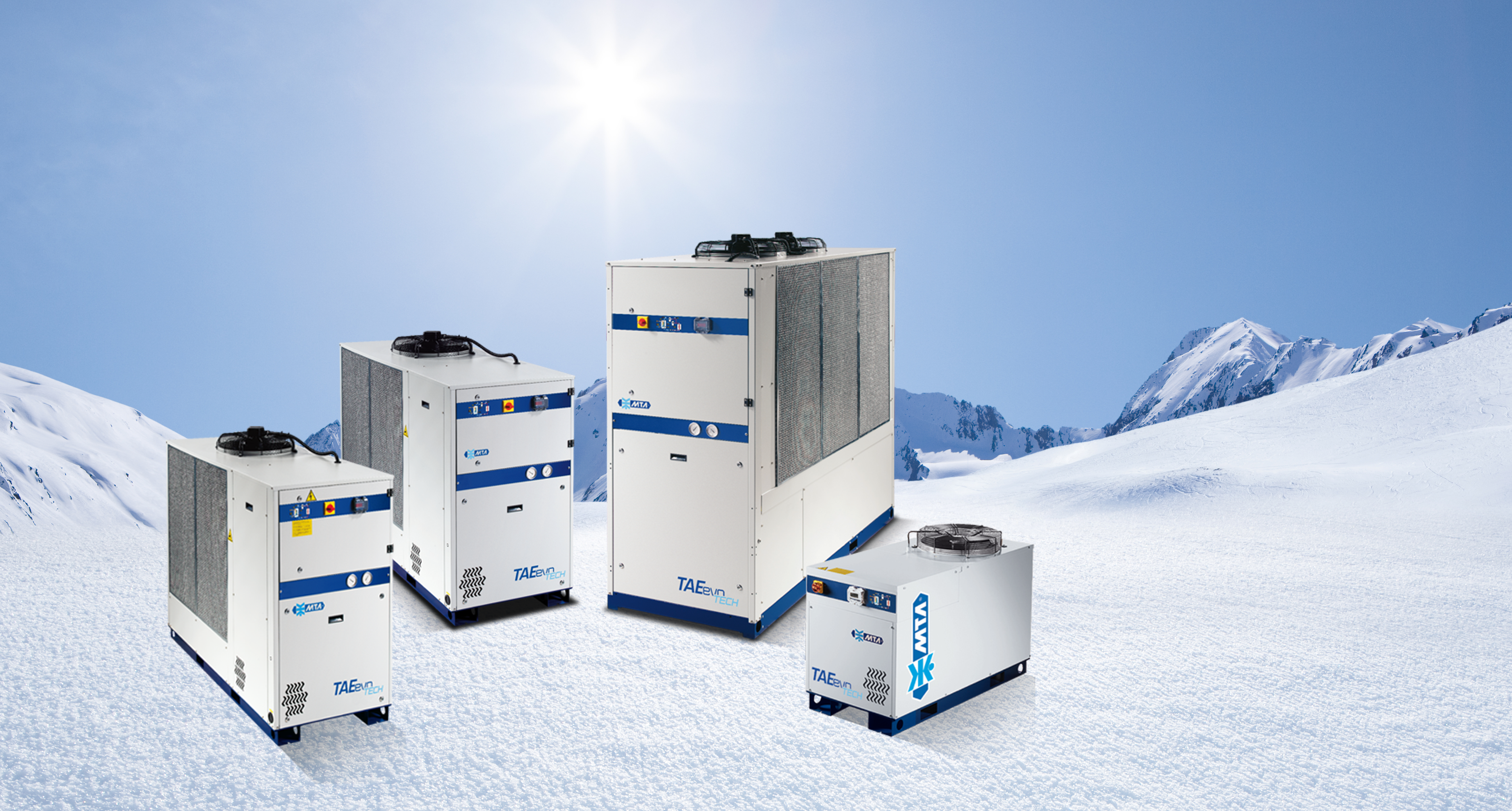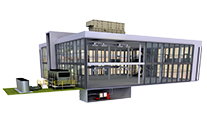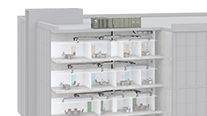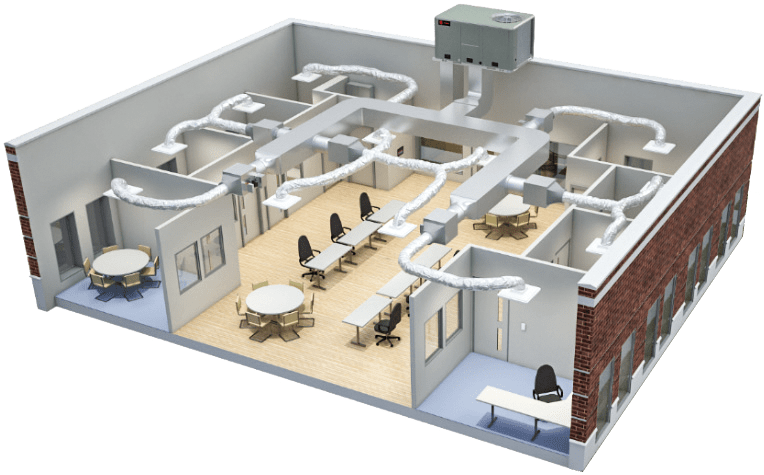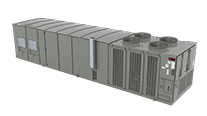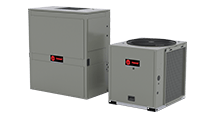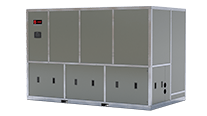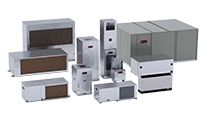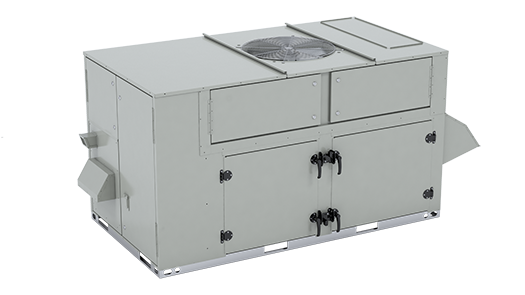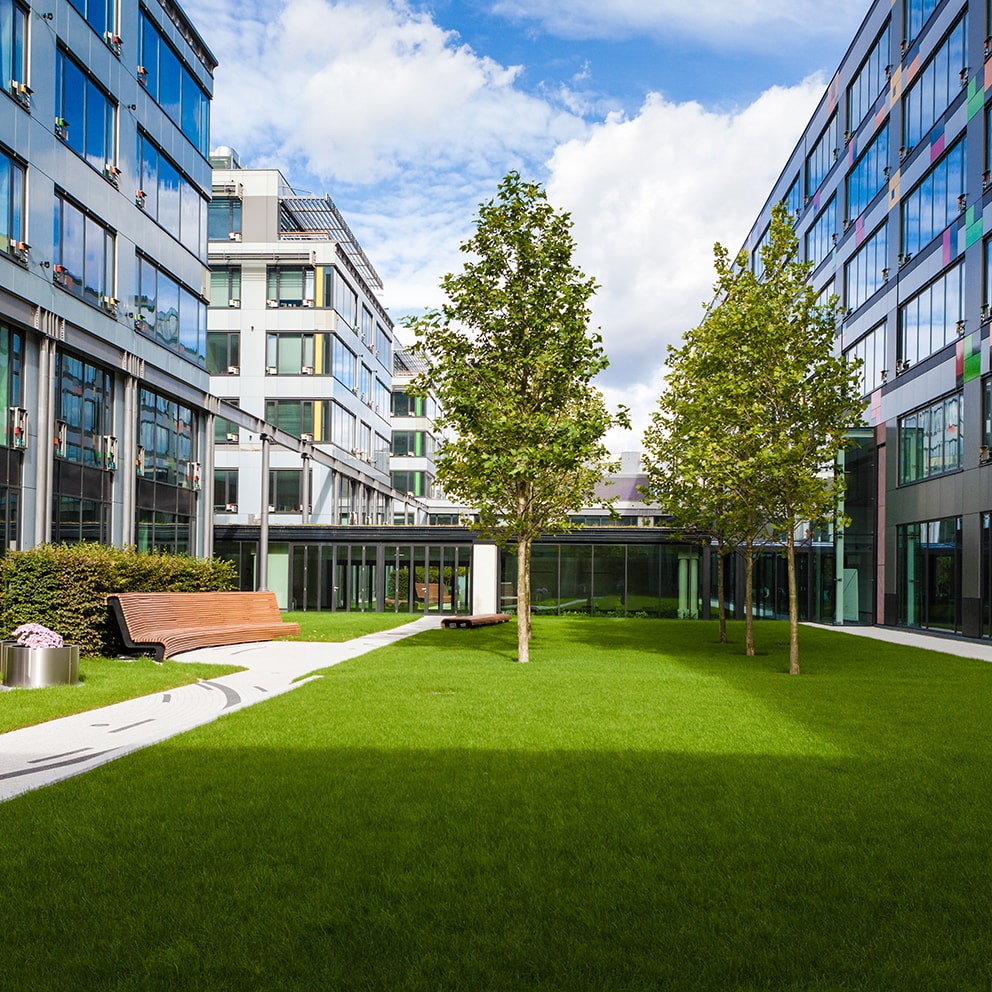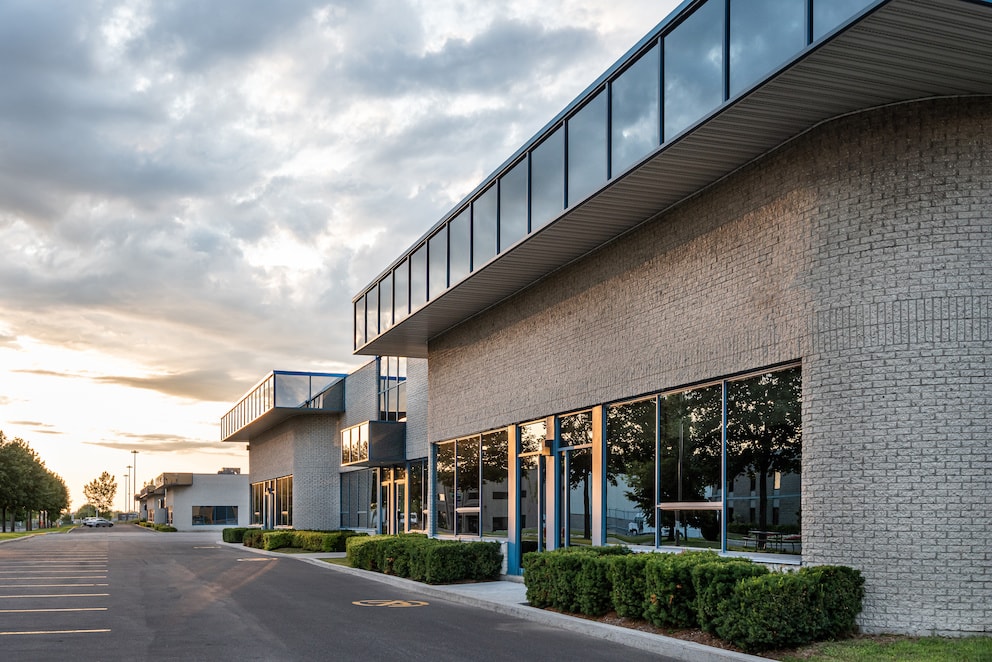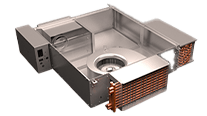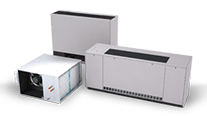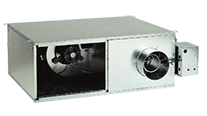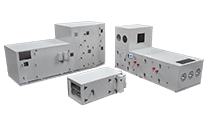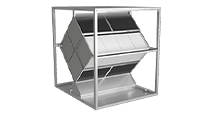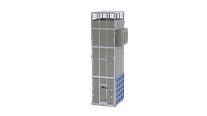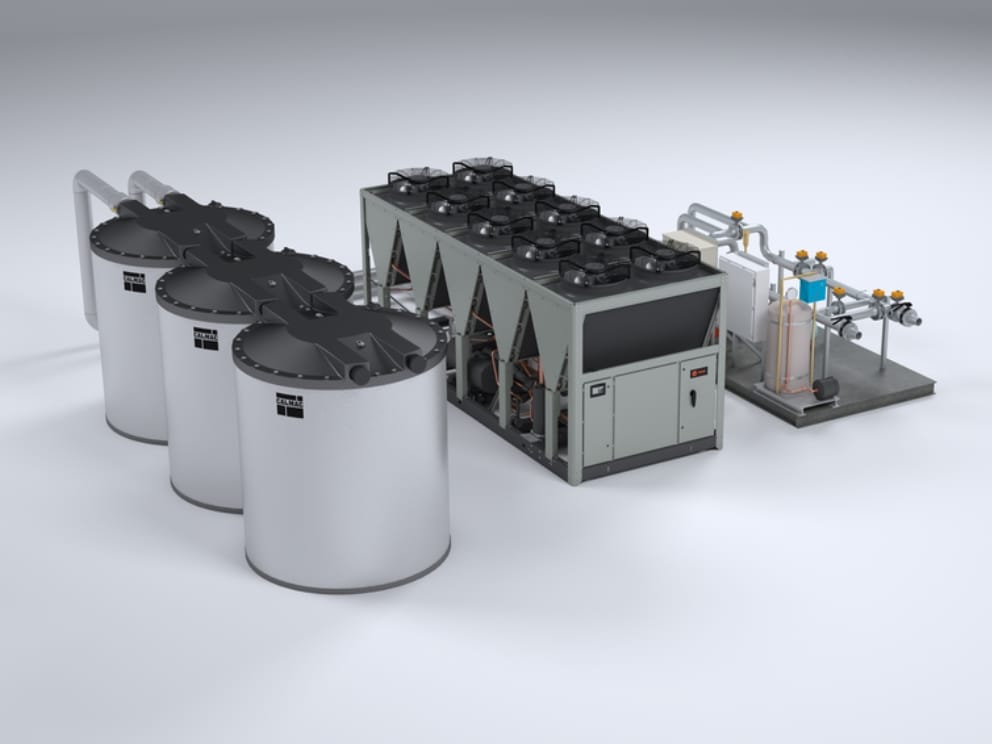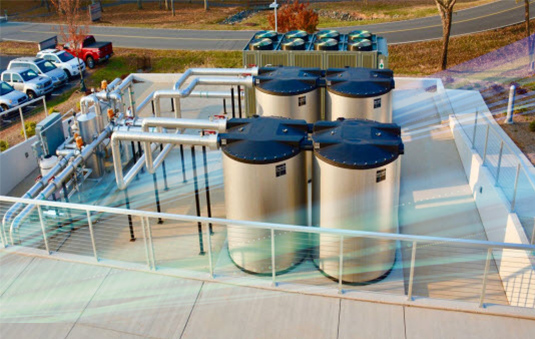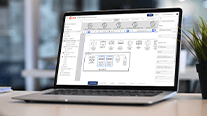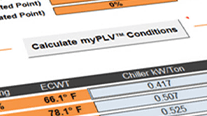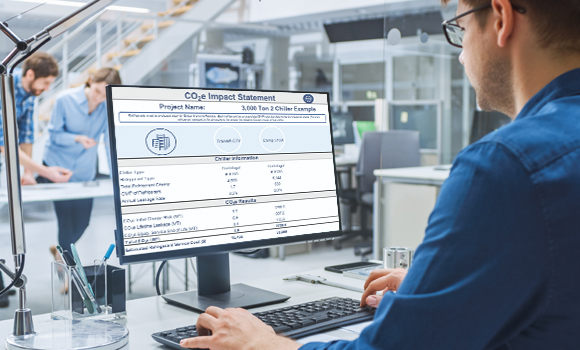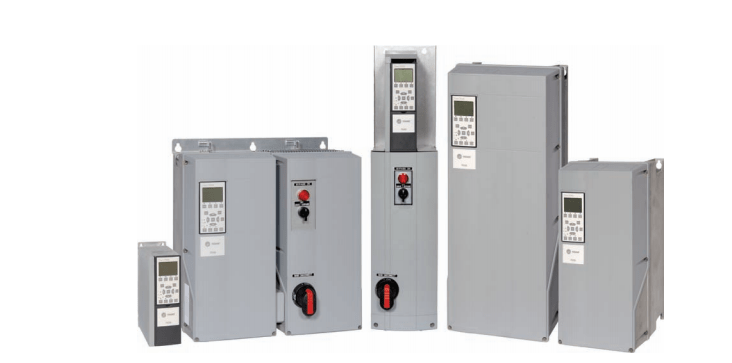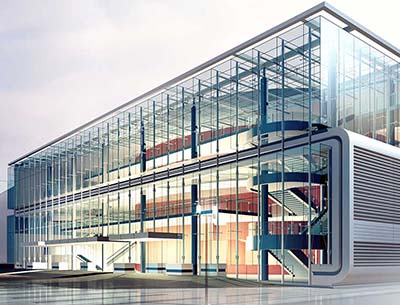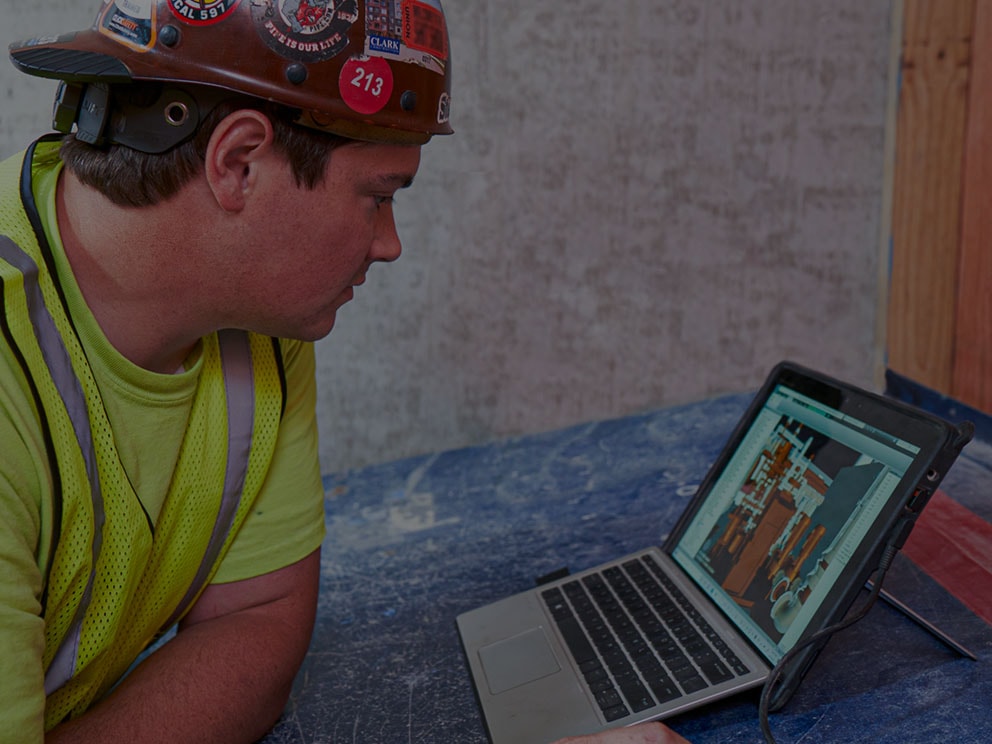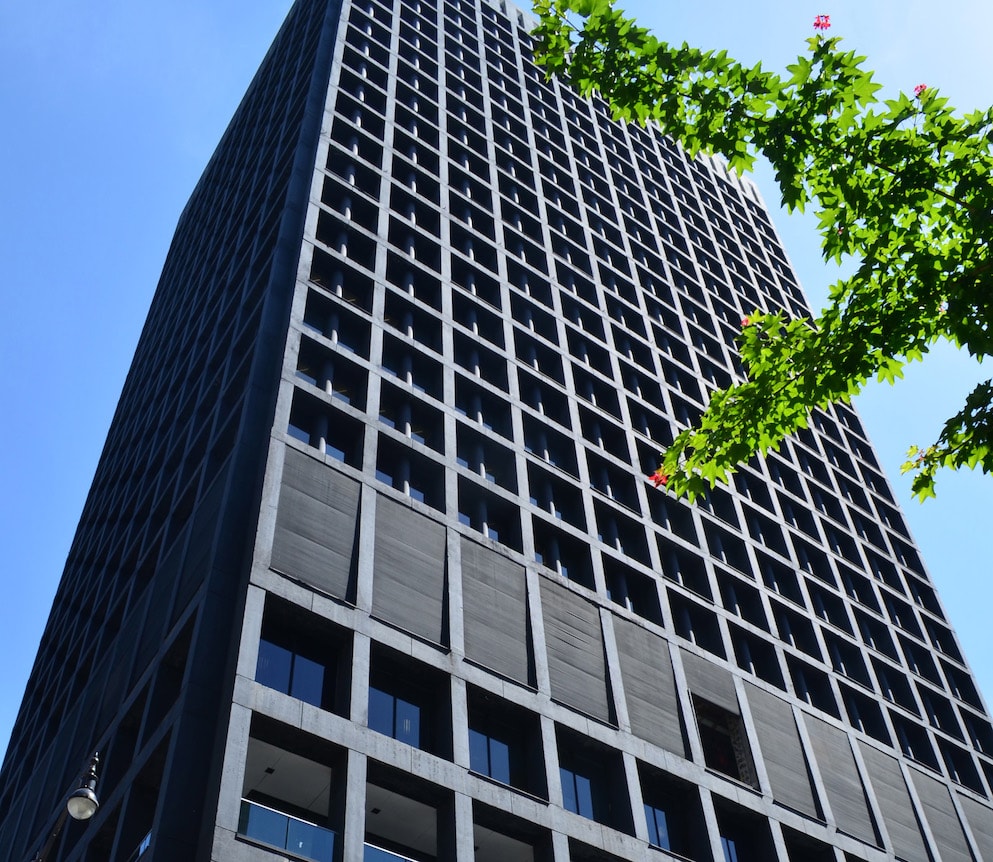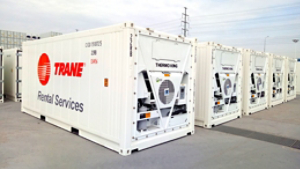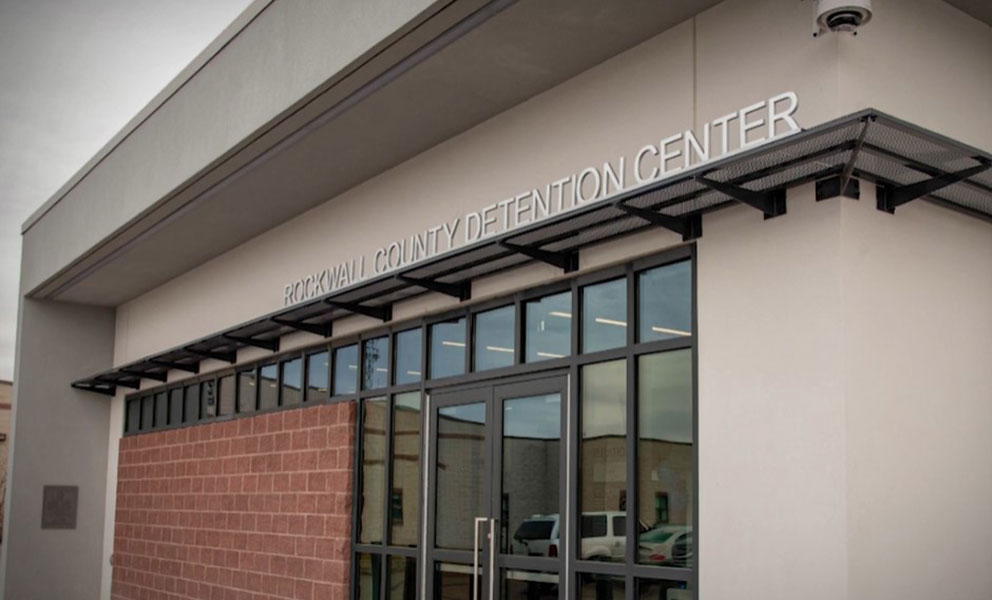Location: New York, New York
Industry: Commercial Real Estate
Products Used: Building Management Systems, Controls, Lighting, Building Automation
Services Used: Energy Analysis & Monitoring, Upgrading, Financing, Intelligent Services, Energy Management & Controls, HVAC Services
Topic: Large Buildings, Efficiency
- Large Footprint: Buildings ranged in size from 250,000 to 880,000 square feet and were between 31 and 90 stories tall.
- Phased Approach: Included Building Management System and digital energy services tools with an emphasis on energy conservation measures (ECM) followed by analysis of long-term building energy consumption, equipment replacements, and airside controls.
- Utility Incentives: Customer received a total of $2.6M in Con Ed incentives.
- Carbon Emissions Reduction: 3,633 metric ton annually Project Savings 5.2M kWh in energy usage across six buildings.
- Project Savings: 5.2M kWh in energy usage across six building.
Challenge
Trane was already a service provider to this major New York City real estate company when a significant building upgrade opportunity arose in 2020. The firm owned six luxury residential and hotel buildings, all situated at prestigious New York City locations. Aging infrastructure was an issue for the customer at the time, but more pressing was the fact that they had yet to implement changes required by New York City’s Local Law 97 (LL97), which places strict greenhouse gas (GHG) emission limits on large commercial buildings.
The customer had reached out to Trane to ask for help in understanding LL97. Their Trane Account Manager responded with an LL97 portfolio analysis to company management. To help them better understand the issues involved with LL97 compliance, the Trane team conducted a comprehensive site analysis. Over the course of the walk, the team identified several areas of concern and identified opportunities to reuse existing infrastructure, reduce their overall carbon footprint, and leverage incentives offered by their local utility, Con Edison.
Solution
The Trane team took a holistic approach to each building solution. Project scope was built around the available incentive dollars. To that end, a model was created to determine which of the available incentives for which the customer could qualify. With that information in hand, the team created a project budget, taking into account the customer’s infrastructure concerns and open projects. Customized proposals, including financial overviews and design plans, were created for each property.
The proposals were submitted to Con Ed for review, and to the various building Boards of Directors. Ultimately the team not only received Con Ed approval, but unanimous board approvals for all six of the projects. Trane would perform everything from chiller optimizations and hot water optimizations to lighting upgrades, equipment upgrades, and new control and equipment installations. The team broke the project into two main phases.
In Phase 1 Trane would install a Building Management System and digital energy services tools with an emphasis on energy conservation measures (ECM). At the same time Trane would execute waterside optimization, steam condensate heat recovery and pressure reducing valve (PRV) station installation and integration, lighting upgrades, chiller optimization, and demand controlled ventilation.
Once the immediate compliance goals were met, the team moved on to Phase 2 which includes an analysis of long-term building energy consumption, equipment replacements, and airside controls driven by Con Ed incentives and LL97 compliance mandates.
Results
- 3,633 Metric Ton annual carbon emissions reduction
- 5.2M kWh project savings
- $2.6M Con Ed incentives
- Total LL97 compliance through 2030
Conclusion
This project was an extraordinary achievement for the combined Trane-customer team. Through every step of the engagement there was clear customer alignment between Trane and the members of the different property boards, whose unanimous decisions to move definitively toward a more sustainable future made these holistic, end-to-end building solutions possible.
Trane delivered development, energy modeling, design, installation, and post-project measurement and verification. It was, in short, a model for the kind of solution-oriented, outcome-based project execution that will define Trane brand in the decades to come.

